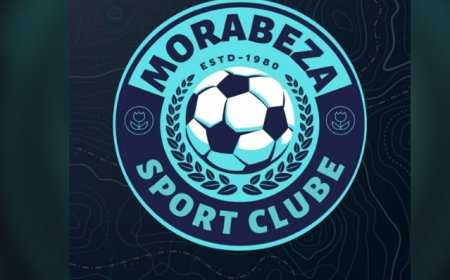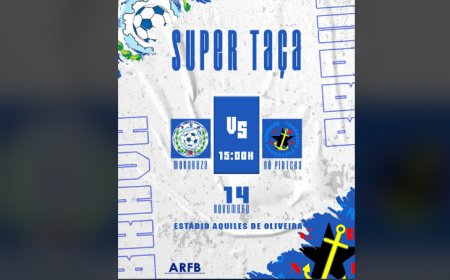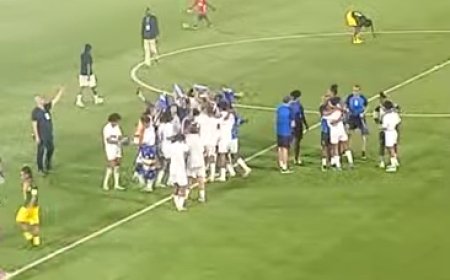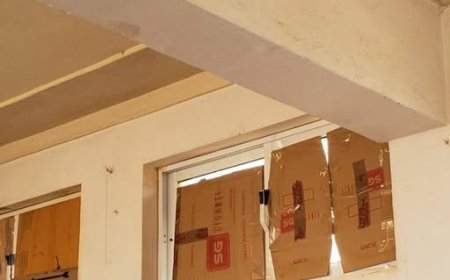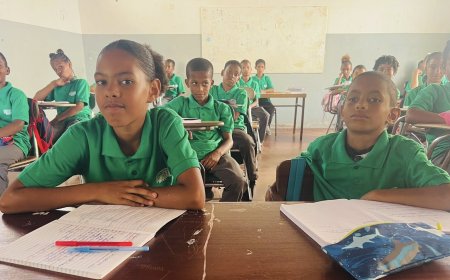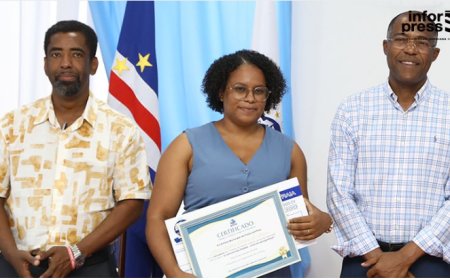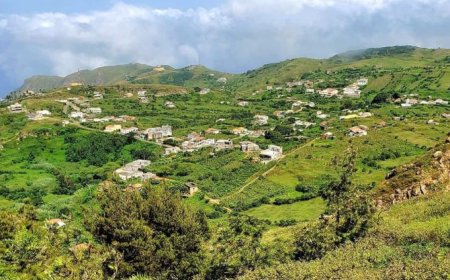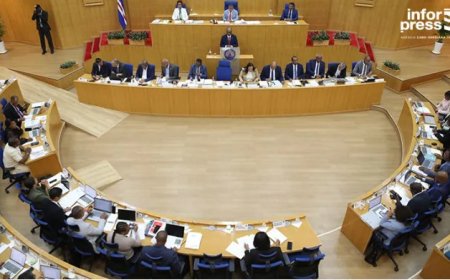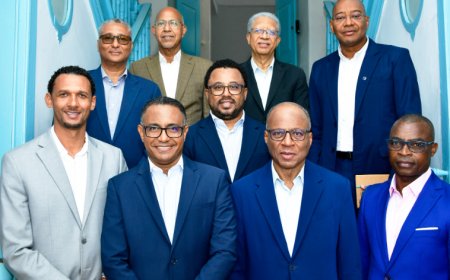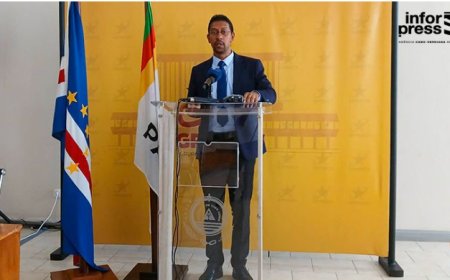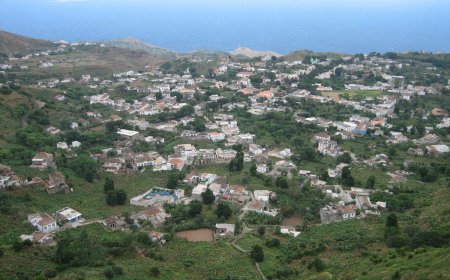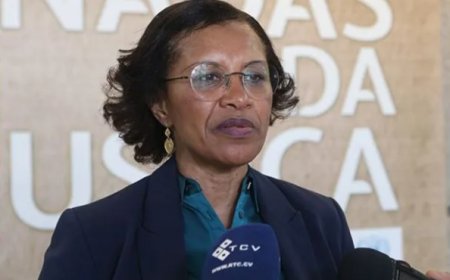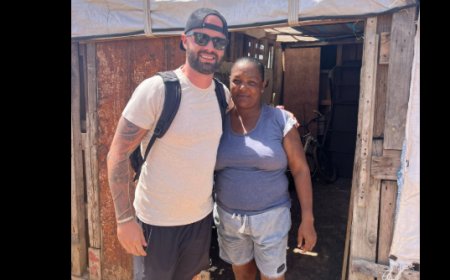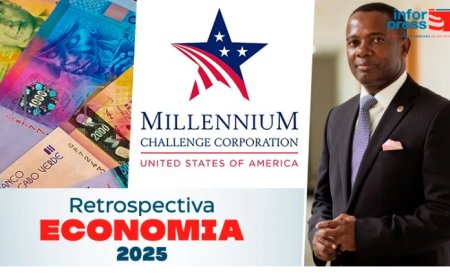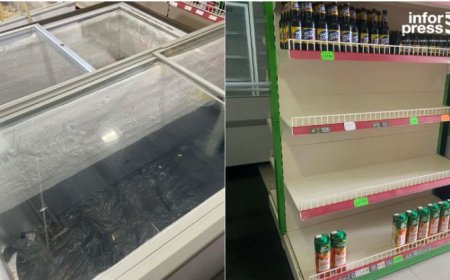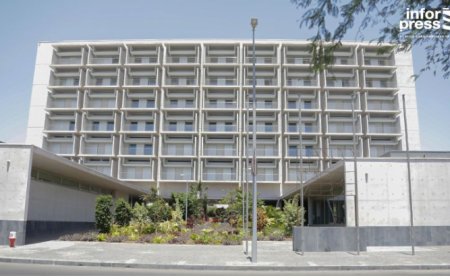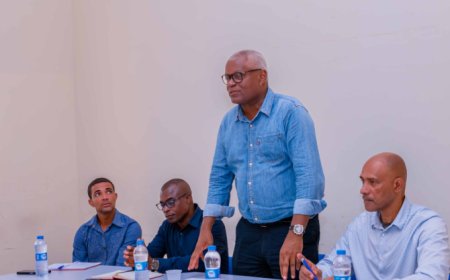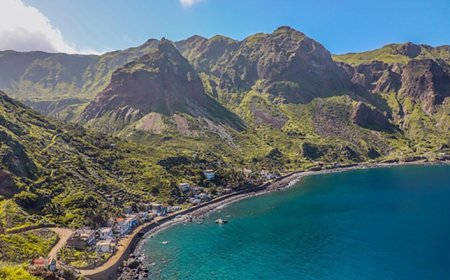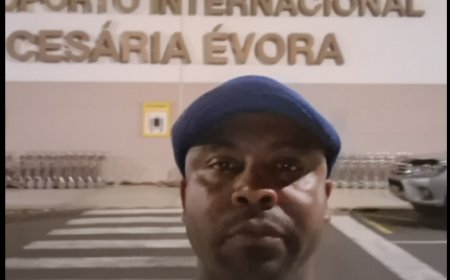The dispersion of support groups on Ilha Brava, an obstacle to collective progress
(...) Ilha Brava, a small paradise in the Atlantic, is home to a united and resilient community. However, over the past 30 years, the proliferation of support groups with similar goals has been more of a source of division than cooperation. From Amidjabraba, through Grupo Tradição, through Amigos da Escola da Brava to Bravenses Unidos, the lack of coordination and collaboration between these groups has hampered efforts to resolve the challenges faced by the island.
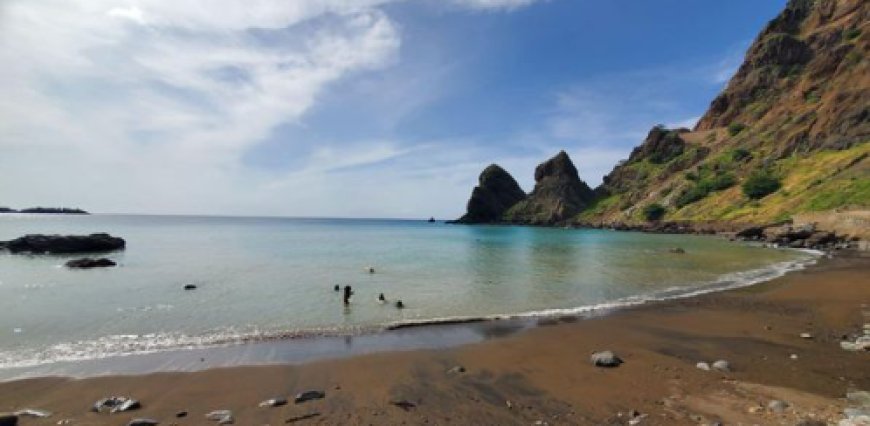
A sea of good intentions, but no unified direction
Amidjabraba, Grupo Tradição, Amigos da Escola da Brava, Ondas de Mar de Furna, Miniso de Padre Pio, Escola Materna de Nossa Senhora do Monte, Padre Pio Charities, Fidjus de Igreja de Nossa Senhora do Monte em Ação, Amigos da Escola de Mato Grande, Fundacao Marly, Bravenses Unidos… Padrinhos e Madrinhas das Escolas, Hospital da Brava support group, all these groups have in common the genuine desire to support and improve social, educational and cultural conditions on Brava Island. However, the lack of communication and cooperation between them results in a dispersion of precious efforts and resources. Instead of joining forces to address common challenges, these groups often compete for attention and resources, thus undermining the potential positive impact they could have.
The maxim "unity is strength" seems to have escaped the consciousness of some emigrants in America, who often place personal interests above the collective needs of the island. Instead of collaborating to find sustainable and holistic solutions, some individuals see these groups as an opportunity for personal advancement.
To overcome this obstacle and achieve real progress, it is crucial that these groups recognize the importance of cooperation and coordination. Instead of competing with each other, they must actively seek ways to collaborate, sharing resources, knowledge and experiences to maximize their collective impact.
Additionally, it is essential to establish a unified leadership structure or coordination forum where representatives from all groups can meet regularly to align strategies and priorities. This will ensure that support efforts are targeted effectively and efficiently, benefiting the entire Brava Island community.
In addition to the groups mentioned above, it is important to recognize the presence and potential of other organizations and initiatives that once made a difference on Brava Island. Among them, Ondas de Mar de Furna, Godfathers of several schools on the island, Fundação Marly, Friends of the Church of Furna, Padre Pio Charities, Miniso de Padre Pio, Friends of the School of Mato Grande, among others, stand out.
These organizations, often operating independently, have contributed significantly to diverse areas of need on Brava Island, from education to social and religious assistance. However, the lack of communication and collaboration between these entities resulted in an inefficient use of resources and overlapping efforts.
Imagine the transformative power that could arise if these groups united around a common goal: the well-being and progress of Ilha Brava and its community. By sharing resources, ideas and best practices, these organizations could amplify their impact and achieve more significant results than they could individually.
Establishing channels of communication and collaboration between all these groups and organizations is essential to building a stronger and more resilient support network on Brava Island. This can be achieved through regular meetings, online discussion forums, networking events and other initiatives that promote the exchange of ideas and mutual cooperation.
Building the future through Structured Cooperation: Towards a Unified Confederation of Groups
Given the complexity and urgency of the challenges faced by Ilha Brava, the crucial question arises: is it not time to move towards a new phase of collaboration and coordination through the formation of a large confederation of groups? A confederation that is guided by professional management, committed to efficiency and transparency, and whose members are truly engaged in the established actions and goals?
By joining forces under a unified confederation, Brava Island support groups could set ambitious goals and concrete objectives to address the most pressing challenges. Whether in the area of education, health, economic development or environmental preservation, a coordinated and strategic approach would allow for a more effective use of available resources and a more efficient implementation of necessary solutions.
A confederation of groups committed to periodic accountability and transparency in resource management would be essential to guarantee community trust and the effectiveness of the initiatives developed. Regular progress reports, transparent financial audits and community participation mechanisms would be key to ensuring accountability and integrity across all operations.
Naturally, the transition to a unified confederation of groups would present significant challenges in terms of implementation and governance. It would be necessary to establish a clear organizational structure, with transparent decision-making processes and equitable representation of all members. Furthermore, adequate human and financial resources would be needed to support the confederation's activities effectively.
Given these considerations, we invite all support groups on Brava Island to reflect on the possibility and benefits of a unified confederation. Together, we can overcome the obstacles currently impeding our collective progress and build a brighter future for Ilha Brava and its communities.
May this moment be not only one of reflection, but also of determined action towards unity and collaboration. For only through structured cooperation and shared commitment to common goals can we achieve Brava Island's true potential and guarantee a prosperous future for all its inhabitants.
When considering the financial viability of a confederation of groups on Brava Island, it is crucial to carefully evaluate available funding sources and seek strategies that ensure the long-term sustainability of operations. In this sense, the option for paying members instead of fundraising parties deserves in-depth analysis, especially considering the costs associated with the latter.
While fundraising parties can be a traditional source of revenue, it is important to recognize that a significant portion of the funds raised often go towards the cost of holding the event itself. This can include expenses for renting space, providing food and drinks, among others, which results in relatively low financial efficiency, with around 65% of the total collected being used to cover these expenses.
On the other hand, opting for a paying member membership structure offers a number of tangible benefits. By becoming members of the confederation, interested individuals or organizations not only contribute financially to the support of activities, but also demonstrate an ongoing commitment and engagement with the organization's mission and objectives.
Additionally, paying membership provides a more stable and predictable source of revenue over time, which is essential to ensuring the confederation's financial stability and continuity of operations. This predictability allows for more effective planning and a more strategic allocation of resources to meet the evolving needs of the Brava Island community.
By adopting an approach centered on paying members, the confederation of groups also encourages greater community involvement and more active participation in the initiatives and programs developed. Members become invested in the success of the organization and have a direct interest in its progress and impact on the community.
Conclusion:
The dispersal of support groups on Brava Island represents a significant challenge to collective progress. Only through cooperation and coordination between these groups can the community truly overcome the challenges it faces. It's time to put aside personal interests and embrace a broader, collaborative vision for the well-being of the island and its inhabitants. Together, we can build a more prosperous and sustainable future for Ilha Brava and its future generations.
As we look to the future of Ilha Brava, it is imperative that we recognize the importance of joining forces and working together to face the challenges that lie ahead. We invite all groups, organizations and individuals committed to the well-being of Brava Island to join this collective journey towards a more prosperous and sustainable future for all its inhabitants.
Through collaboration and solidarity, we can build a better tomorrow for Ilha Brava and for generations to come, where every voice is heard and every contribution valued. Together we are stronger. Together we can make the difference.
Ultimately, the decision to prioritize paying members over fundraising parties represents a commitment to a more sustainable and efficient financial approach. By maximizing resource potential and promoting greater community engagement, the confederation of groups can strengthen their ability to meet the needs of Brava Island and ensure a prosperous future for all its inhabitants.
Moises Santiago
Pawtucket, February 15, 2024







